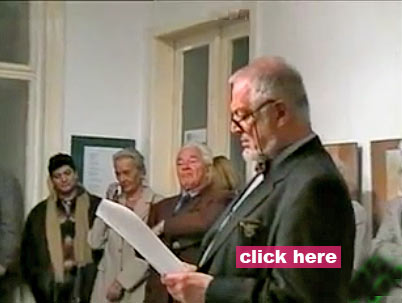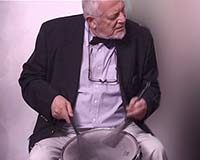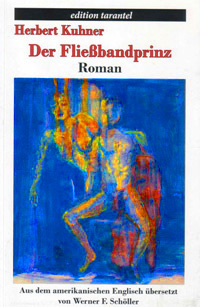The High Art of Creative Cruelty
“I could well envision that murder could be a component of a work of art; the artist’s accountability would be on another level….Thus, art can consist of a crime.” [1] Killing was and is beyond all moral judgments.” [2]
– Hermann Nitsch, Actionist artist
During the closing stages of the Great War the Turks indulged in what is referred to as the Armenian Genocide. The motivation for this event was their alleged lack of loyalty to the Turkish State – so the Armenians had it coming to them.
Denial seems to be the Turkish manner of dealing with these historical proceedings.
When journalists and authors attempt to bring attention to past events, they risk being sent to Kingdom Come.
The perpetrators did not engage in simple barbarism, but rather in the high art of creative cruelty. They were masters in finding unique ways of causing their victims to suffer.
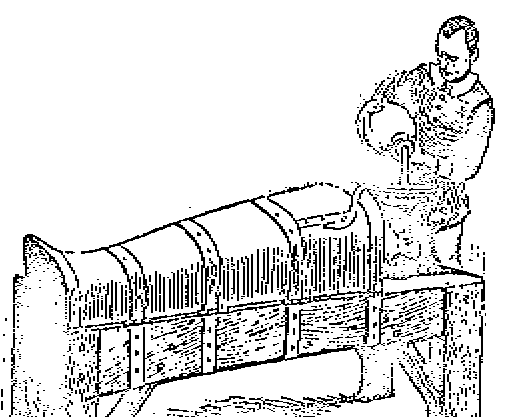 The Soviets, on the other hand, simply executed their victims, starved them or worked them to death. This is simply primitive, unrefined murder. Killing was quick, starving was relatively slow and slave labor was supposed to last for as long as a victim could last. That’s simply not creative.
The Soviets, on the other hand, simply executed their victims, starved them or worked them to death. This is simply primitive, unrefined murder. Killing was quick, starving was relatively slow and slave labor was supposed to last for as long as a victim could last. That’s simply not creative.
The National Socialists were influenced by their Turkish counterparts, and they carried on the tradition with numerous innovations.
The Ustascha made great efforts to outdo their Nazi allies and succeeded with flying colors.
The Japanese, not to be left on the sidelines, hit the mark in Nanking and elsewhere.
The French in Algeria did a good job of emulating the Germans they had previously fought.
Graduates of the School of the Americas practiced the fine arts on South American lefties and liberals, with the assistance of Henry the Kiss and the Tricky One with the benediction of Pope John Paul. And the Kiss-and-Tricky-Duo also make the grade by poisoning Vietnam with Agent Orange.
Ratko Mladić and Radovan Karadžić, a poet praised by Peter Handke, did a splendid job of mass murder. Slaughtering 8,000 men and boys is no simple matter, but they and their henchmen did it without balking or flinching.
And so on and so forth.
The high art of cruelty lives today, and thanks to the original Twentieth Century perpetrators,
their beneficiaries carry on in the tradition internationally.
Regretfully, the perpetrators are squeamish about having committed these deeds, as were their antecedents. They have the wrong attitude!
Why pray, be ashamed? There is nothing to be ashamed of. These perpetrators are artists in the true sense of the word. Innovators should always be proud.
Let us laud them and spread the good word!
Indeed today ISIS is not squeamish about dastardly deeds.
They are devout members of an Abrahamic sect. and between prayers, behead their victims, using a paring knife, and what’s more, they have revived the tried and true practice of crucifixion. Kudos are due to these masters of savagery.
Changing the Past
Who or what can change the past?
Not even the one they pray to can do that.
The act completed in the last fraction of a second
is both fact and history.
As the Bard says through Macbeth:
“What has been done cannot be undone.”
Balderdash!
You can wash it all away
and start out again with a clean slate.
Why should you be dogged by unflattering history?
You don’t always have to resort to out-and-out lies;
half-truths will do the trick.
There’s nothing chivalrous about killing civilians.
It’s not anything to be proud of.
But if, God forbid, it has happened, don’t dwell on it
and do your best to prevent others from dwelling on it!
Life is much more enjoyable
if you have an honorable past.
And if you don’t have one, you can create one.
Why be burdened by past events?
Just put them out of mind
and erase all records!
The Turks have deleted the genocide of the Armenians
from the Twentieth Century,
The Third Reich Revisionists
have transformed the concentration camps
into idyllic recreation centers.
Don’t fret! Just take their examples!
Addendum:
Japanese Right-Wingers are attempting to wipe
the Massacre of Nanking from the slate of history.
Kudos are due to these purifiers.
Way to go, guys!
– Herbert Kuhner
[1] Falter 24-30, 7, No. 30, 1998, p. 18.
[2] Paula Devarney: “Nitsch – Art of Killing,” Caellian, 9. Oct. 1970; Hermann Nitsch: Das rote Tuch – Das Orgien Mysterien Theater – Im Spiegel der Presse 1960-1988, Freibord, Vienna, 1988, p. 106.










 Users Today : 24
Users Today : 24 Users Yesterday : 156
Users Yesterday : 156 This Month : 1891
This Month : 1891 This Year : 9268
This Year : 9268 Total Users : 230404
Total Users : 230404 Views Today : 48
Views Today : 48 Total views : 1966891
Total views : 1966891 Who's Online : 2
Who's Online : 2
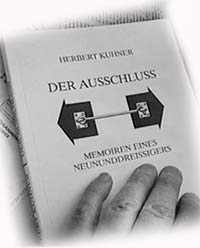 Niederträchtigkeiten, Boshaftigkeiten und Verleumdungen … „Der Ausschluß“ bringt Geschehnisse in der österreichischen Literaturszene ans Tageslicht, die nicht totgeschwiegen werden dürfen. Auch wenn sich eine magistratsunabhängige Jury der Kulturabteilung Wien einstimmig gegen dieses Buch ausgesprochen hat.“
Niederträchtigkeiten, Boshaftigkeiten und Verleumdungen … „Der Ausschluß“ bringt Geschehnisse in der österreichischen Literaturszene ans Tageslicht, die nicht totgeschwiegen werden dürfen. Auch wenn sich eine magistratsunabhängige Jury der Kulturabteilung Wien einstimmig gegen dieses Buch ausgesprochen hat.“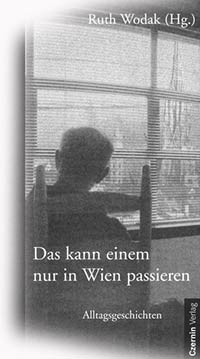 Eine Erzählung von mir, Princeton nostalgisch, ist im Das kann einem nur in Wien passieren, Alltagsgeschichten, Ruth Wodak, Czernin Verlag, 2001.
Eine Erzählung von mir, Princeton nostalgisch, ist im Das kann einem nur in Wien passieren, Alltagsgeschichten, Ruth Wodak, Czernin Verlag, 2001.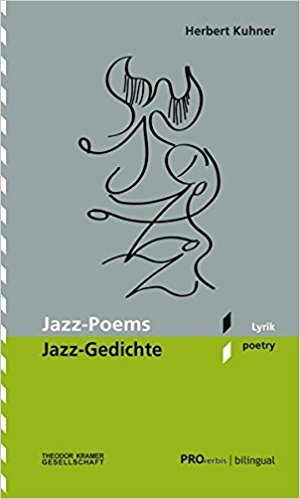 Issue 13 – Autumn 2017 –
Issue 13 – Autumn 2017 –